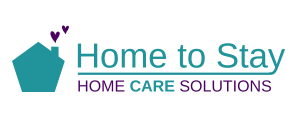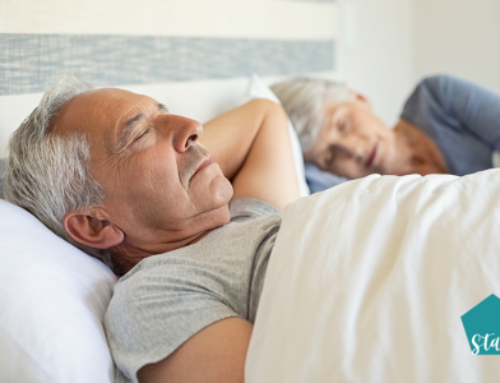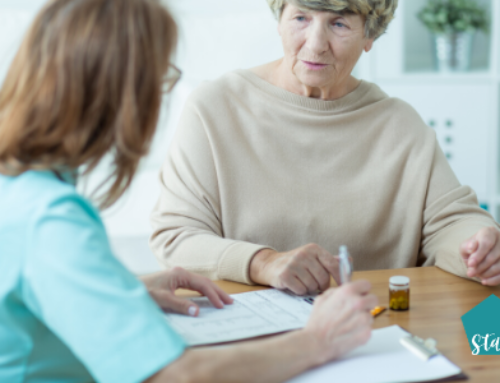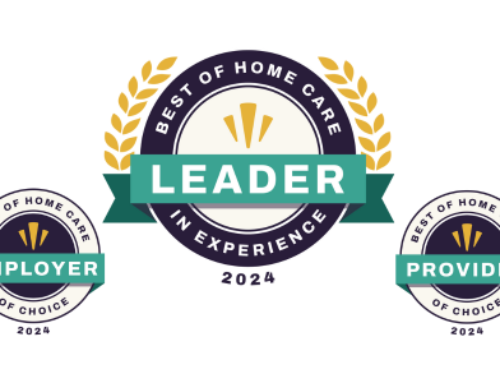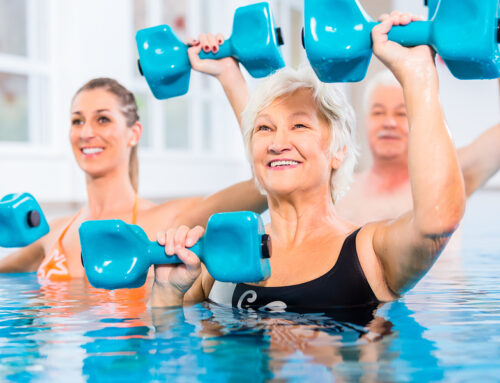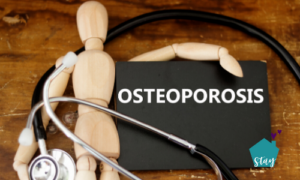 May is National Osteoporosis Prevention Month. Osteoporosis, also known as brittle bone disease, is a silent killer that strikes men and women of all races. However, white and Asian women who are past menopause are at an increased risk. Osteoporosis weakens the bones so much that a minor fall or even a cough, can cause a fracture.
May is National Osteoporosis Prevention Month. Osteoporosis, also known as brittle bone disease, is a silent killer that strikes men and women of all races. However, white and Asian women who are past menopause are at an increased risk. Osteoporosis weakens the bones so much that a minor fall or even a cough, can cause a fracture.
Osteoporosis can strike at any age. Your loved one may not have it now, but that doesn’t necessarily put them in the clear. When considering your parent’s bone health, you should be aware that there are risk factors associated with osteoporosis. Some of the risk factors are things you cannot do anything about, while others can be changed. It’s a good idea to give serious thought to the risk factors that can be changed, and incorporate any necessary changes into the care plan you have for your loved one.
Risk factors you cannot change:
Age
The human body constantly renews its bones. New bone is made and old bone is broken down, it’s an ongoing process. But when we’re young, new bone is created faster than old bone can be broken down. The result is that our bone mass increases. This process peaks when we are in our twenties, giving us our peak bone mass (PBM). As we get older, bone mass is lost faster than it’s created. People who are more likely to develop osteoporosis did not have a high peak bone mass.
Sex
Women are more likely to develop osteoporosis than men.
Genetics
If osteoporosis runs in your family, you are more likely to get it.
Body Frame Size
The smaller your body frame, the less bone mass you have to draw from as you get older, putting you at an increased risk for developing osteoporosis
Risk factors that you can change:
Sedentary Lifestyle
People who sit a lot and don’t get much exercise are at an increased risk for developing osteoporosis.
Alcohol Consumption
People who have more than 2 drinks a day are at an increased risk for developing osteoporosis.
Eating Disorder
Anorexia is an eating disorder that keeps a person fearful of eating because they don’t want to gain weight.
Calcium and Vitamin D
Not getting enough calcium and vitamin D makes people more prone to bone loss.
If you think your mom or dad may have osteoporosis, take them to a health care professional for diagnosis and treatment.
Source
http://www.mayoclinic.org/diseases-conditions/osteoporosis/basics/definition/con-20019924
http://www.webmd.com/osteoporosis/guide/osteoporosis_symptoms_types
For senior care in Mt. Laurel, NJ, and the surrounding areas call and talk to us at Home to Stay Healthcare Solutions (856) 321-1500.
